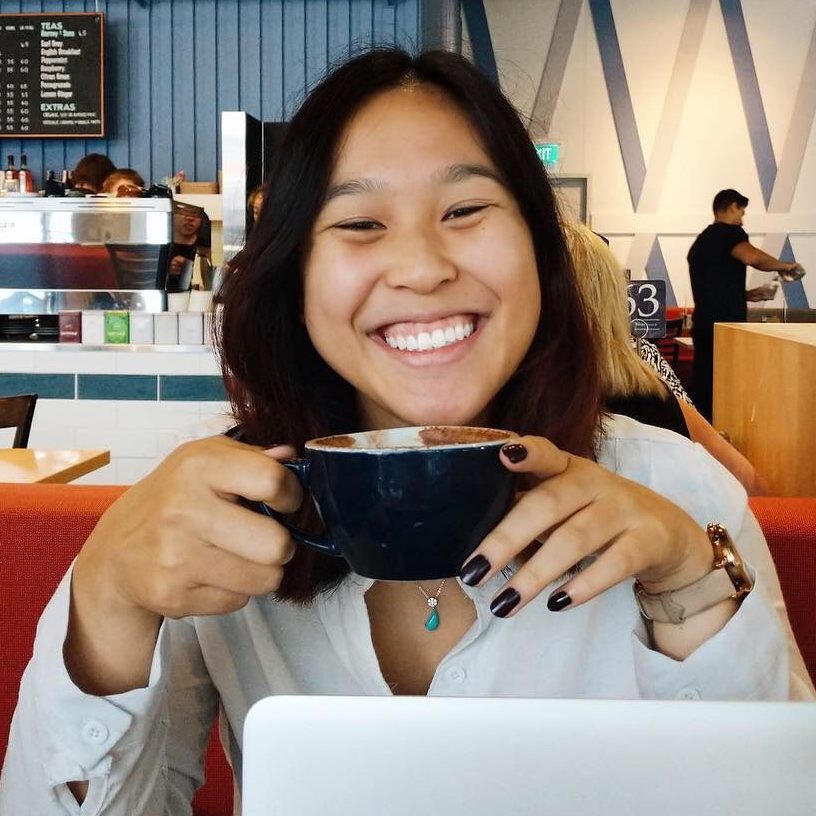WE ALL STRUGGLE WITH GETTING GOOD SLEEP AS STUDENTS. TRY SOME OF THESE EASY TIPS AND START SLEEPING HEALTHIER!
I used to be a solid believer in “sleep is for the weak“. However, now that I am in my fourth year of uni I am now suffering the consequences. Sad, but true.
Here’s a list of tips that I have researched to help me and you resolve the quest for more sleep. Even just utilising one or two of these tips may help break bad habits and even improve your sleep.
Top 10: Do’s & Don’ts of Sleeping
Do’s
- Sleep at a regular time and wake up at a regular time.
The hardest part of improving sleep is creating your own body clock. To find the best time to sleep and wake up, take a look at the earliest time that you need to wake up and back track 7-8 hours. - Be a vampire and dim the lights.
2-3 hours before bed, dim your lights to induce the production of melatonin aka ‘the sleep hormone’. A key way of telling your body to go to bed. - Relax before bed.
Try different ways of relaxation e.g. meditation, reading or even taking a bath. - Charge your devices outside of your room.
Keeping your electronics outside your room prevents you falling into the dark hole of Facebook/Instagram/YouTube which you might be tempted to check before going to bed. - Keep your bed work FREE.
Save your bed for sleeping related activities ONLY! Keep your bed associated to rest and relaxation so you don’t end up thinking about work when you are trying to sleep. - Make your bed in the morning!
At the end of the day, nothing beats coming home to a nicely made bed that is ready for you to sleep in. - Try to exercise during the day.
Exercising will help wear out your body and improve your sleep, but avoid working out 2-3 hours before bed. - Eat foods which can induce better sleep.
Foods that contain tryptophan can convert into key hormones that promote better sleep such as melatonin or serotonin. E.g. almonds, walnuts, dairy, passionfruit, turkey, chamomile tea or other herbal teas with no caffeine, kiwi fruit, cherries, fish such as salmon, oatmeal & banana. - Keep the noise down.
Avoid heavy metal music or disruptive noises before bed. If you don’t like silence before bed, you may want to try playing white noise soundtracks. - Create a night-time routine.
Using the tips above, create a routine which suits you and helps you prepare your body for sleep.
Don’ts
- Avoid work after 8pm, you should be avoiding anything that is stimulating your brain before bed.
Everyone has heard of counting sheep, and this is exactly why it was created. To avoid your brain thinking about distracting topics when you are trying to fall asleep. - Do not respond to emails or messages after 10PM.
A tempting thing to do is to respond to those Facebook messages that come late at night. Turn your phone on Do not Disturb! Nothing that you say will make a huge difference to what will happen tomorrow, respond tomorrow. - Don’t use bright screens or backlit devices before bed.
Backlit devices can reduce the production of melatonin which will tell your body that you do not need to sleep. - Stop drinking caffeine after 2PM and avoid alcohol before bed.
Although you may not feel it, caffeine can impact your bodies ability to fall asleep. On average it can take 4-6 hours for it to pass through our body. Alcohol allows our body to fall asleep quicker but reduces our ability to enter the REM cycle of sleep which is where we truly rest and reboot. - Watch your diet – be aware of foods which can prevent a great sleep.
Other foods which are high in protein, fat and spice are also best to be avoided. These foods are lower in tryptophan and takes longer to digest, causing your body to work rather than rest in the night. - Don’t snooze your alarm.
A personal tip, to avoid the repeated snooze habit and promote a regular body clock. Avoid pressing the snooze button. - Stop random naps and utilise them strategically.
If you don’t like naps, great! Because they are best to be avoided, having naps can disrupt your sleep cycle and make it harder for you to fall asleep in the evening. However, if you love naps as much as I do, plan for them to happen in the early afternoon and follow the tips I have listed below. - Don’t sleep in a room which has a uncomfortable temperature.
As you sleep, your body will begin to cool off and decrease in temperature. Therefore, a room that is on the cooler side is better than one which is hot. - Avoid sleeping in for more than 2 hours during weekends.
Sleeping in for more than 2 hours on weekends can disrupt your sleeping cycle. Best to set that alarm before you go out on a Friday night. - Don’t ignore signs that you are sleepy.
Everyone has a trigger time, and this may adjust depending on how hectic your day/week has been. Try not to avoid signs such as yawning or reduced focus and act on it by going to bed.
Most importantly, know when to contact a doctor. If you often have trouble sleeping, visit a doctor to find out the root of the issue.
Emergency Naps
Naps are an essential part of my being. For good sleep, you can nap, but do it strategically.
Tips:
- Don’t nap after 4PM.
- Nap in 25-30 minute periods for a boost.
- For an EXTRA boost, drink a cup of coffee straight before a 20 minute nap. Your coffee will kick in when you wake up and provide optimal alertness.
- Usually after an all-nighter I will nap for 90 minutes before heading to Uni. This ensures a full sleep cycle for times when you are very tired.
Often at university, students begin to forgo sleep for work and other commitments. This is where health suffers and can create long term issues. Remember, you only get to live once, live it wisely!
To watch me try these tips, check out my most recent vlog where I lived like a CEO for a week.


